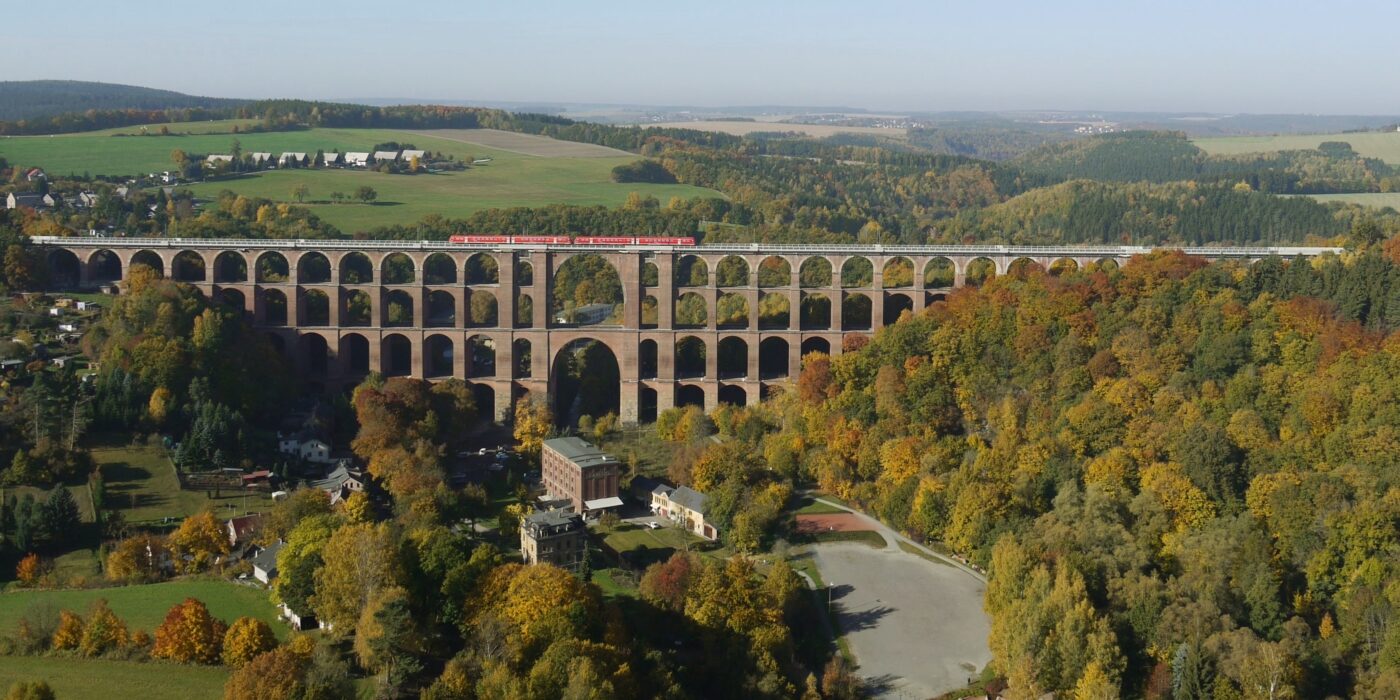Will Germany’s new €9 transport scheme set an example for Europe’s sustainable future?
Germany has introduced an exciting transport scheme to battle the increasing costs which the ongoing inflation and rising energy prices have brought upon the Germans and their fellow Europeans. For this unprecedented pilot program, the German government is spending €2.5 billion to allow transport companies in cities and regional areas all over the country to run a €9-a-month ticket scheme from 1 June. During the summer months, travellers will be able to use any form of public transport, including buses, trams, and regional trains, with this ticket. This alternative option to private cars will make travel extremely affordable and hopefully pave the way towards a more sustainable future. To give you an example of how much of a difference this new scheme will make: the previous intercity train fares in Germany ranged from €17.50 up to €157. For one train ride!
Not only is this a positive step forward in terms of sustainability, it is also a great opportunity to increase and benefit from summer tourism
Simply put, this scheme is a great example of how governments can involve individuals while taking more responsibility for pressing problems like climate change. Public transport is a reliable option to reduce air pollution and greenhouse gas emissions from cars, and this is especially important for the German government as a 2020 survey suggested that the pandemic had made Germans more hesitant about using public transport and therefore increased the use of cars for short journeys. As the use of public transport in Germany is below the EU average, promoting its use in an effort to fight climate change could have a great impact on how the inhabitants of this country travel and commute. This initiative could also become a trial run that might encourage other European countries to invest in better and cheaper public transport networks, pushing the European community towards sustainable mobility and leading us away from the current dependency on car usage. According to 2019 statistics from the European Parliament, car emissions account for 60.7% of total CO2 emissions from road transport in Europe and are a major source of pollution.
What’s more, not only is this a positive step forward in terms of sustainability, it is also a great opportunity to increase and benefit from summer tourism because this scheme is open to everyone, not just German residents. Although Germany might not be the first destination that comes to mind when you are planning your summer holidays (my first thought usually wanders to the breathtaking Greek or Italian coasts and their charming cafés), this might be a great opportunity to discover such a culturally and historically rich country on a tight student budget.
This scheme might still set an example for the rest of Europe, pioneering the first of similar schemes that could significantly reduce gas emissions
However, there is still a lot of work to be done, as this ticket does not improve the connections and infrastructures of rural areas, which currently suffer from low frequency and poor maintenance. This means that the reduction of the ticket price might not be enough of an incentive to attract regular car users outside of Germany’s main cities. A good illustration of this potential problem is the Estonian capital, Tallinn, which back in 2018 adopted a scheme that made public transport free. Even though the number of people using public transport increased, which is an undeniable success for the scheme, it didn’t reach its objective of significantly reducing the use of the car, because the quality of the city’s public transport was not high enough to compete with the convenience of individual car travel. The same problem might arise for the Germans, who are known for travelling around Europe in their cars thanks to the advantageous location of their home country. I remember curiously looking at all the German car plates on my trip along the Croatian coast. And in all honesty, who can blame them? A road trip around Europe is an opportunity not many of us would decline.
Nonetheless, this scheme might still set an example for the rest of Europe, pioneering the first of similar schemes that could significantly reduce gas emissions, and testing if public transport really is the future of mass mobility. Wouldn’t it be wonderful if you could travel all around the UK for a month and only pay £8? Imagine how much money students would save if buses or the underground became that cheap! And what about internationally – can we picture a future where the Eurostar’s affordability outweighs the convenience of your own car? I personally dream of an Interrail pass much more affordable than the current one (which costs around £200), allowing travellers to hop on and off European trains while discovering hidden gems.

Comments